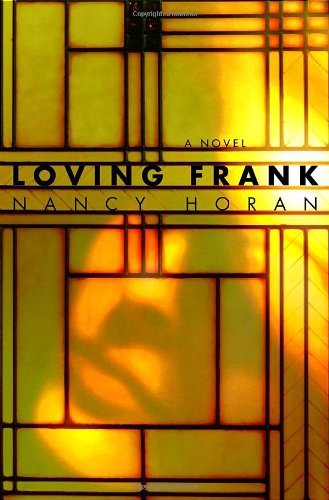What do you think?
Rate this book


384 pages, Hardcover
First published August 7, 2007
Although FLW is dipicted as a brilliant man with his ideas of organic architecture (I actually would like to see the homes he constructed in Oak Park, IL), and probably truly did love Mamah, I felt he lived in his own world and loved himself the most.
This book is more about Mamah than FLW actually and her desires to be free of a husband she didn't love (a good provider and devoted man) to pursue her own desires and career.
I had a hard time staying focused while reading this book until the last few chapters, but then it had my full attention!
WHAT A SHOCKING ENDING!